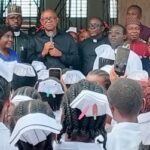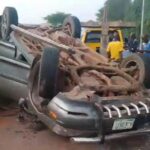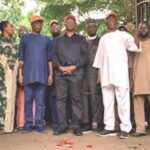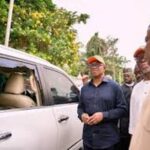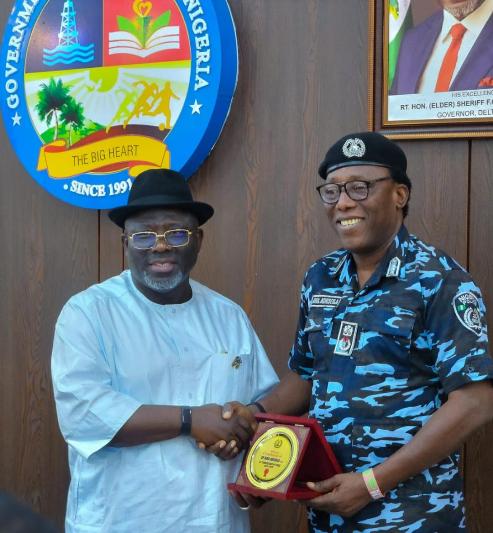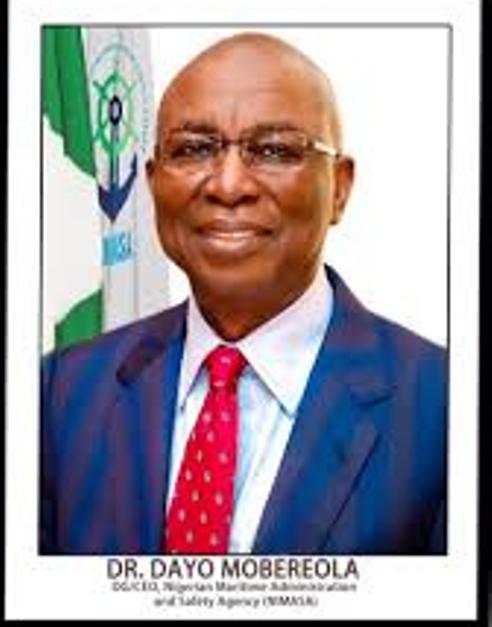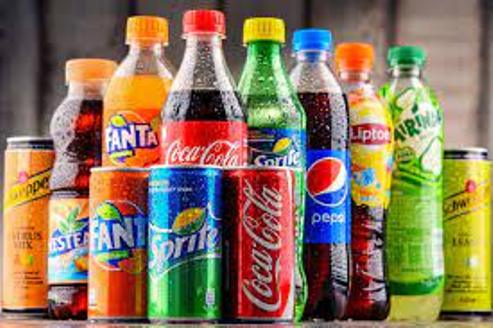
LAGOS MAY 29TH (NEWSRANGERS)-The marking today of the 19th anniversary of Democracy Day nationwide should ordinarily be imbued with some festivity; but that is hardly justifiable in view of the very limited gains that the country has made in the area of improving the life of the average citizen, and strengthening the institutions that make life meaningful and enthusiastic. Until that minimum score is achieved, Nigeria, unfortunately, cannot make a serious claim to being a democratic state.
Nineteen years may be short in the life of a nation, it is nevertheless long enough to record more than a few positives from governance, if government had been genuinely responsive. It is therefore painful that after 19 years of civil, democratic rule –from 1999 till date – successive administrations have failed to deliver in concrete terms, the benefits of the system. Governments, from that of Olusegun Obasanjo through the short-lived Musa Yar’Adua, Goodluck Jonathan and now Muhammadu Buhari should bury their heads in shame for their crass failure to Nigerians.
This is why today’s observance of Democracy day should be devoid of fanfare and splendour which government is wont to attach to it, in the false notion that it has achieved some success for the citizens. The often-mouthed freedom, or liberty recorded above that of the past military regimes surely is now inadequate as a measure of democratic success. If anything, such marginal achievements have been rendered insignificant by the absence of real dividends of democracy.
The real dividend of democracy that the Nigerian masses would welcome is one that will reduce the cost of living, empower them with jobs and give them a liveable wage. The country’s business environment is still too hostile and serves more to discourage small scale entrepreneurs. In particular, irregular supply of electricity that has crippled businesses for years has not abated, while insecurity of lives and property continue to defy desperate government attempts to resolve them. These constitute a far cry from the dreams of the country’s founding fathers.
Indeed, Nigerians have never had it so bad. In terms of security, which was one of the pedestals upon which the present administration rode into office, the Nigerian life has become very cheap, battered as it were on all fronts by the Boko Haram insurgents, marauding herdsmen, militiamen, gunmen, and of course kidnappers and robbers all of who operate at ease, virtually unchallenged, in many parts of the country. It is paradoxical, indeed, that tackling of insecurity is meant to be government’s second priority in the last three years, next only to anti-corruption campaign.
And the scorecard on the fight against corruption could be much better, given that the reward has been a mismatch for the hype. Despite the ferocity of anti-graft campaign, it is regrettable that no high profile conviction has been recorded, a pointer to the huge suspect of government’s anti-corruption machinery, particularly the investigation and prosecution arms. Added to this is the steady perception that the campaign has been lopsided, avoiding some sacred cows. Sadly, government has done little to erase this perception.
Perhaps the most glaring of government’s under-achievement to Nigerians is in the area of the economy, which has steadily wobbled from recession to a decline over the past three years. Inflation, at 12.5 percent last month, is still pervading, even if its rates are lower than the 13.3 percent recorded in March.
Predictably, higher oil prices and improved foreign exchange rate liquidity are expected to boost growth this year, but political uncertainty looming from next year’s general elections remain a major concern along with the continued dependence on oil as a major revenue earner. When added to the poor business environment, the expectation that Gross Domestic Product (GDP) will increase by 2.6 percent remains no more than a mere projection.
Collectively, the four administrations since 1999 have failed. But, as the person currently in charge, President Buhari must urgently address these national shortcomings. The buck stops at his desk to translate years of official dawdle to a meaningful life for all Nigerians. The increasing poverty index of Nigerians, which has taken them in droves to foreign shores, only to experience worse anguish, needs urgent reversal.
Observance of Democracy day today equally leaves a sour taste in the mouth, going by the perpetual loggerheads between the federal executive and the national legislature. It is shameful that majority of the feuding personnel belong to the same political umbrella; yet the country is allowed to drift. Clearly, most of the country’s leaders are interested largely in themselves rather than in the collectivism of Nigeria. Otherwise, lawmakers at all levels would not allocate jumbo allowances for themselves in utter disregard of economic reality of the rest of Nigerians.
Even with the limited time remaining from his term, President Buhari has a duty to bring hope and succour to Nigerians by insisting on the best practice in governance. He has a duty to reverse the increasing volatile attitude of the political class without much consideration for the teeming masses. He should endeavour to repair the fragmented unity of the country. The government as a whole must rise to the challenge of overcoming the trial to which democracy has been subjected in Nigeria.
Daily Independent
Democracy Day: Where Are The Dividends?

